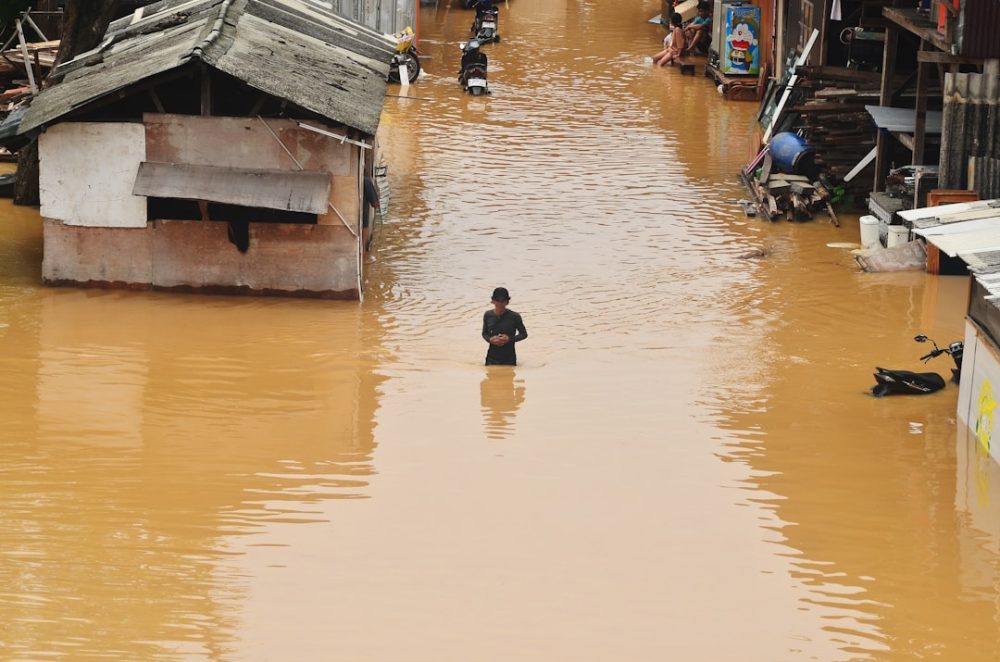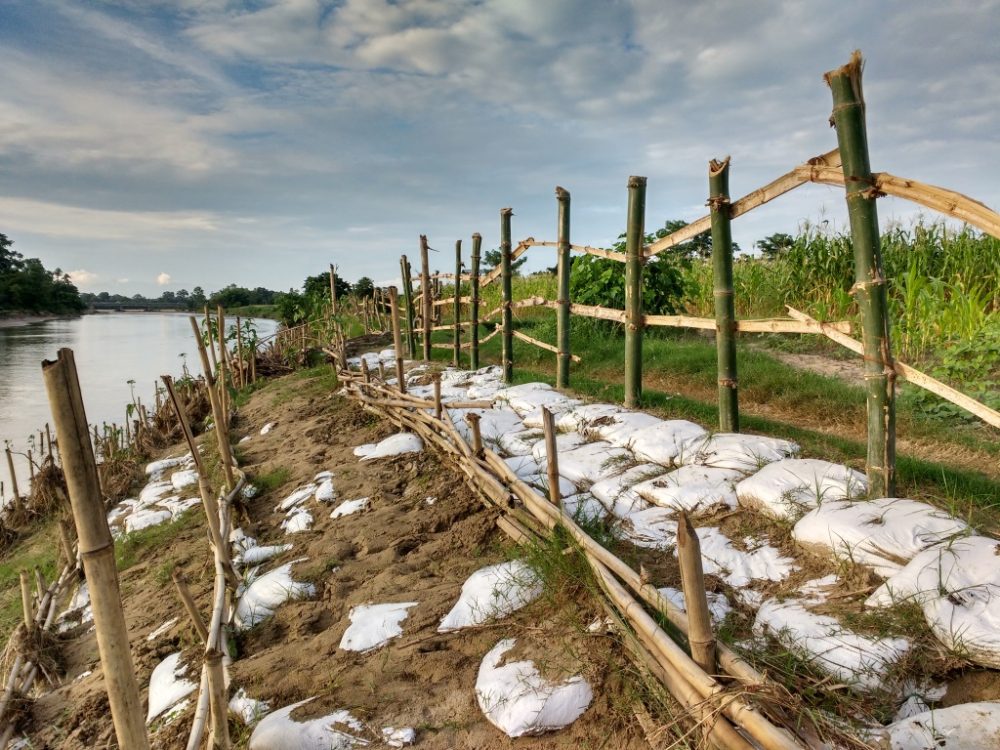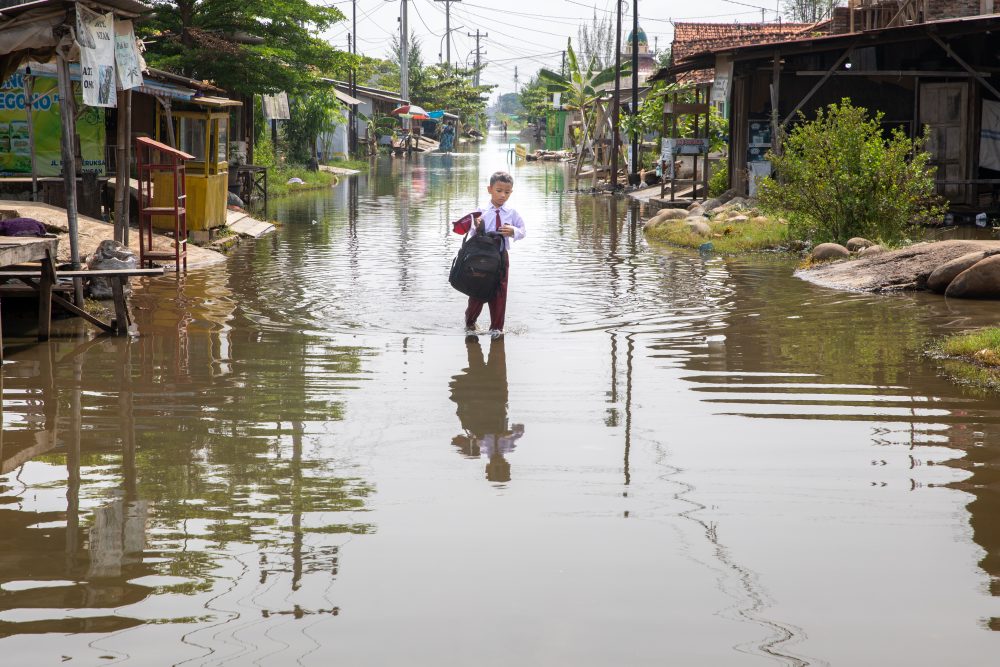While the global climate crisis intensifies year-on-year, not everyone is affected equally.
Women and girls of all ages, gender-diverse people, older people, people with disabilities, Indigenous Peoples, and other marginalised groups in low- and middle-income countries experience the impacts of climate change disproportionately and in different ways, due to systemic disadvantages caused by colonial histories, patriarchy, and profit-driven systems. These systems are the root of both climate injustices and gender injustices, deeply interconnected and compounded by other intersecting and systemic inequalities.
Over the last year, the world has witnessed the consolidation of a gradual but profound change in geopolitics, with the rise of governments rolling back action on climate change and gender equality, and pulling back from global cooperation, humanitarian assistance, and international development.
At COP29, in the context of the extension of the Lima Work Programme on gender for 10 years, Parties agreed to develop a new Gender Action Plan, a process which will be initiated this month at SB62. It is crucial now more than ever that the new Gender Action Plan provides a robust framework to deliver gender-just and gender-transformative climate action, to ensure that the rights of women, girls, older people, gender-diverse people, people with disabilities, Indigenous Peoples, and other marginalised groups are protected and their rights secured throughout UNFCCC processes and global climate action.
We call on the UK government to play an active and constructive role in achieving a strong and effective GAP at COP30, fulfilling the UK’s commitments to leave no-one behind, promote gender equality, and secure more effective and inclusive climate change policy globally and in the UK.
CAN-UK asks for the new Gender Action Plan:
- Finance: The Gender Action Plan should include measures to increase access to and the availability of finance for gender-responsive climate action. This should include direct access mechanisms for women- , older-women-, youth-, and girl-led and disability organisations.
- Intersectionality and data: The Gender Action Plan should include explicit language that is inclusive of age (i.e. for girls and older women) and of disability. Monitoring and evaluation frameworks and accountability mechanisms under the Gender Action Plan must include data disaggregated by sex, age, and disability.
- Structural barriers to gender equality: The Gender Action Plan should include activities – such as training, published guidance, and workshops – that increase the knowledge and expertise of Parties to address structural barriers to gender equality and integrate this into climate policy and plans. Topic areas covered should include gender-based violence; unpaid care work; sexual and reproductive health and rights; and inclusion of women and girls’ voice, leadership, and meaningful and systematic participation.
- Coherence across national and international climate policy: The Gender Action Plan must reaffirm the importance of gender equality as a cross-cutting priority and outline how it must be integrated across all UNFCCC workstreams and agenda items. At the national level, the Gender Action Plan should call for the development and implementation of gender-responsive national climate strategies and plans, including full integration of gender and intersectional inclusion and rights in National Adaptation Plans (NAPs), Nationally Determined Contributions (NDCs), and Action for Climate Empowerment (ACE) strategies.


